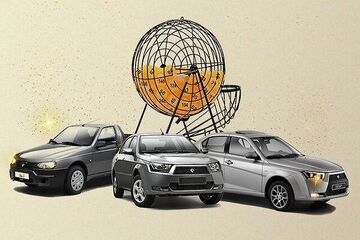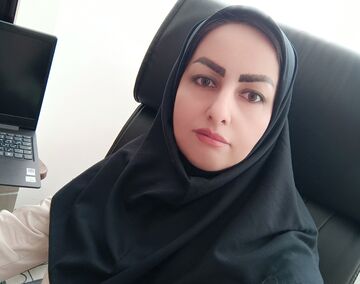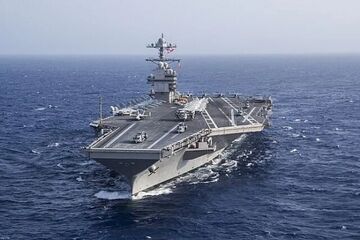TEHRAN(Bazaar) – Professor Geoffrey Carliner, professor at Boston University says: in some issues, like getting more votes for developing countries in the IMF and World Bank, and creating alternative institutions like the BRICS’ New Development Bank, BRICS can be a strong voice for the Global South.
Following is the full text of the Bazaar interview with Professor Geoffrey Carliner:
Q: Since January 1, Iran has become a permanent member of the BRICS group. What is the importance of this membership for the BRICS group? What is its importance for Iran?
A: New BRICS members Iran, Saudi Arabia, and the UAE, along with Russia, are all major producers and exporters of oil and gas. Although the expanded BRICS will not replace OPEC in decisions about oil output and pricing, these three new members will somewhat boost the importance of BRICS in the world economy.
Membership in BRICS may strengthen Iran’s relations with China and Russia, though these alliances are already strong. Being admitted to BRICS is probably more the result of these strong relations than a cause of further strengthening.
Some reports suggest that China’s support for BRICS membership for Iran and Saudi Arabia was key to their admission. China is proud of its role in negotiating an agreement between Iran and Saudi Arabia to open diplomatic relations, and hopes that admitting both of them to BRICS will encourage them to continue improving their relations.
Q: BRICS and Shanghai are among the organizations that some experts believe will manage the "Global South". What is your assessment?
A: Developing countries around the world share some interests, but they also have many other interests that compete with each other. On many of these issues, managing the global south will not be possible. But on some issues, like getting more votes for developing countries in the IMF and World Bank, and creating alternative institutions like the BRICS’ New Development Bank, BRICS can be a strong voice for the Global South. As China, India, and other developing countries become economically and politically more powerful, institutions like the New Development Bank will become more important.
Q: Considering agendas such as de-dollarization in BRICS and Shanghai, do you think these organizations will be able to challenge the Western order in the international system?
A: Decreasing the international role of the dollar will not be easy for Iran, Russia, China, and other countries that worry about US sanctions. The US financial market is much larger than any other country’s market, and therefore foreign exchange reserves held in dollars are more liquid than reserves held in other currencies. That makes the dollar more attractive than the currencies of other countries when there are financial crises. Except for political sanctions, US foreign exchange markets are not restricted. This makes the dollar attractive as a vehicle currency. The dollar’s dominance may decline over time, perhaps more quickly if more countries feel threatened by possible US political sanctions. But an artificial currency created by BRICS is unlikely to replace the dollar. Nor is the renminbi an attractive alternative.
Q: India plays a balanced policy against East and West, and membership in BRICS and Shanghai shows that Delhi does not pursue all its interests in the form of association with the West. In your opinion, this issue will not be a challenge for such countries in the future, and it will be possible for them to follow a "hedging strategy"?
A: Since its independence in 1947, India has followed a non-aligned foreign policy. During the Cold War, it maintained its neutrality and did not become an ally of the US or of the Soviet Union. Since the end of the Cold War, it has continued this policy. India is nervous about China, since it has had several border clashes with China, most recently in 2020 and again in 2022. It is in the Quad, a loose alliance with the US, Japan, and Australia, whose purpose is to offset China’s growing naval power and its claims in the East and South China Seas. However, the Quad is much looser than the security treaties that Japan and Australia have with the US. And India has not followed the US in condemning Russia’s invasion of Ukraine. In the future, India will continue to pursue its own interests, sometimes in cooperation with the US and the West, and sometimes not.















نظر شما